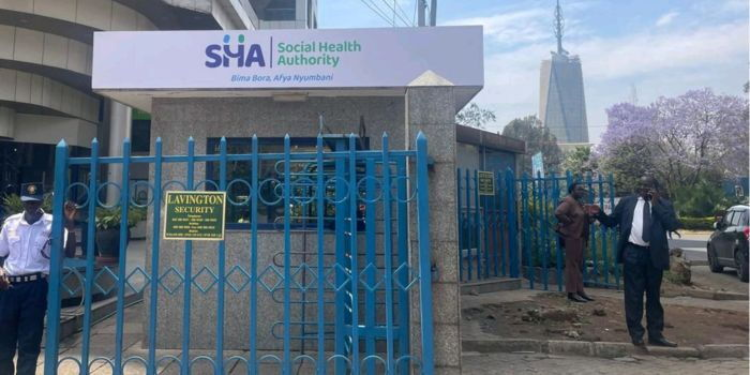Private hospitals across Kenya will begin demanding cash payments from patients covered under the Social Health Authority (SHA), citing delayed and unsettled reimbursements that have left facilities struggling to sustain operations.
The Rural & Urban Private Hospitals Association of Kenya (RUPHA) announced the directive in a notice, saying the new policy took effect on Monday, September 22.
“Effective today, all healthcare services (unless otherwise stated) at this facility for Social Health Authority (SHA) beneficiaries will be provided on a cash basis,” RUPHA said.
“We regret the inconvenience this may cause and assure you that this action is driven by our commitment to ensure that hospitals remain open, essential supplies and equipment are available, and our staff can continue to serve you with the highest standards of care.”
Private Hospitals’ Warning to Govt
Brian Lishenga, the chairperson of RUPHA, had cautioned that private hospitals may not survive unless the government urgently cleared pending bills owed to the sector.
Also Read: TSC Issues Directive Over 2,000 Teachers Missing in Upgrade Programme
In an interview on September 8, 2025, Lishenga explained the mounting crisis, saying, “We have Ksh 76B in debt as a sector, Ksh 33B NHIF debt and Ksh 43B SHA liability, now the health sector cannot continue bearing this burden.”
He added a warning about the consequences of inaction.
“What we are saying is this: if this Ksh 33B debt is not paid immediately, we are trying to tell the Kenyan people that it is very likely that by December, either you will not have private hospitals, these private hospitals where 80 percent of lower people go, either you will not have them or the entire system will revert to 100 percent cash.”
According to Lishenga, the financial foundation of Kenya’s health system is on the verge of collapse, with unpaid obligations from both the defunct National Hospital Insurance Fund (NHIF) and its successor, the Social Health Authority (SHA), pushing private facilities to the brink.
Transition from NHIF to SHA
The move marks a setback for Kenya’s healthcare financing reforms, which saw the SHA replace the National Health Insurance Fund (NHIF) in October 2024.
The new scheme was intended to streamline health coverage, but complaints over slow claim processing and mounting arrears have drawn criticism from healthcare providers.
Also Read: How to Apply for SHA Health Benefits in Public Hospitals
Private hospitals argue that the delays have forced them to operate without critical funds, jeopardizing their ability to pay staff, restock essential drugs, and maintain equipment.
Kenyans transitioned to the authority without being given the option to remain under NHIF, raising concerns about transparency and preparedness in the transition process.
A Govt Agenda
The Ministry of Health has not yet responded to RUPHA’s directive.
The SHA reform was billed as a cornerstone of President William Ruto’s universal health coverage agenda.
The escalating dispute with hospitals risks undermining public confidence in the program less than a year after its rollout.
Patients walking into private hospitals will have to dig into their pockets despite holding valid SHA cards.
Follow our WhatsApp Channel and X Account for real-time news updates.


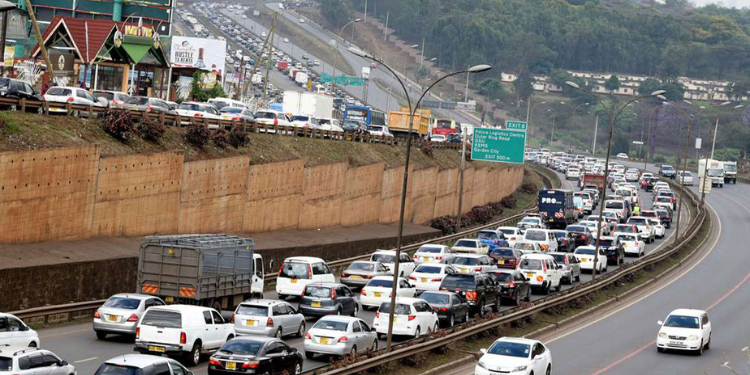




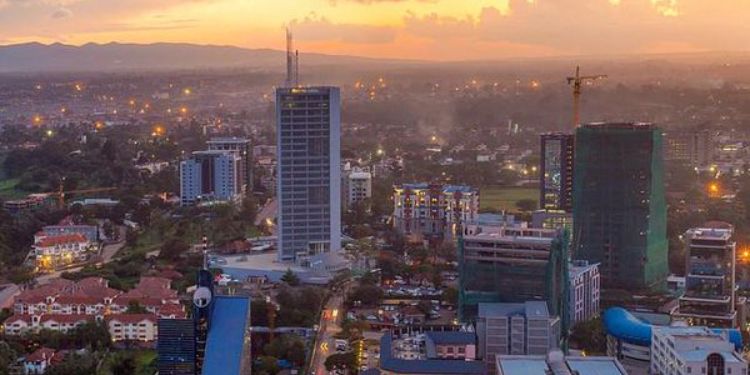
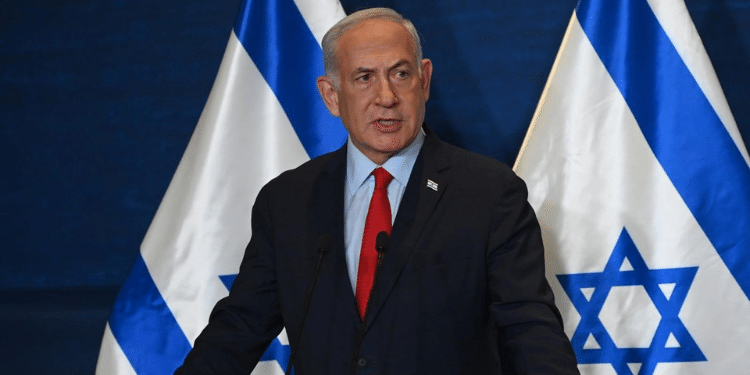








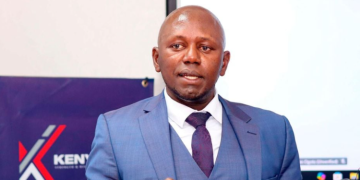




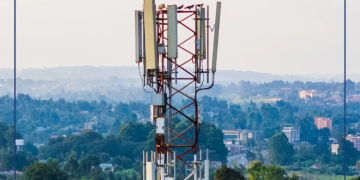




























![Senator Allan Chesang And Chanelle Kittony Wed In A Colourful Ceremony [Photos] Trans Nzoia Senator Allan Chesang With Channelle Kittony/Oscar Sudi]( https://thekenyatimescdn-ese7d3e7ghdnbfa9.z01.azurefd.net/prodimages/uploads/2025/11/Trans-Nzoia-Senator-Allan-Chesang-with-Channelle-KittonyOscar-Sudi-360x180.png)




















